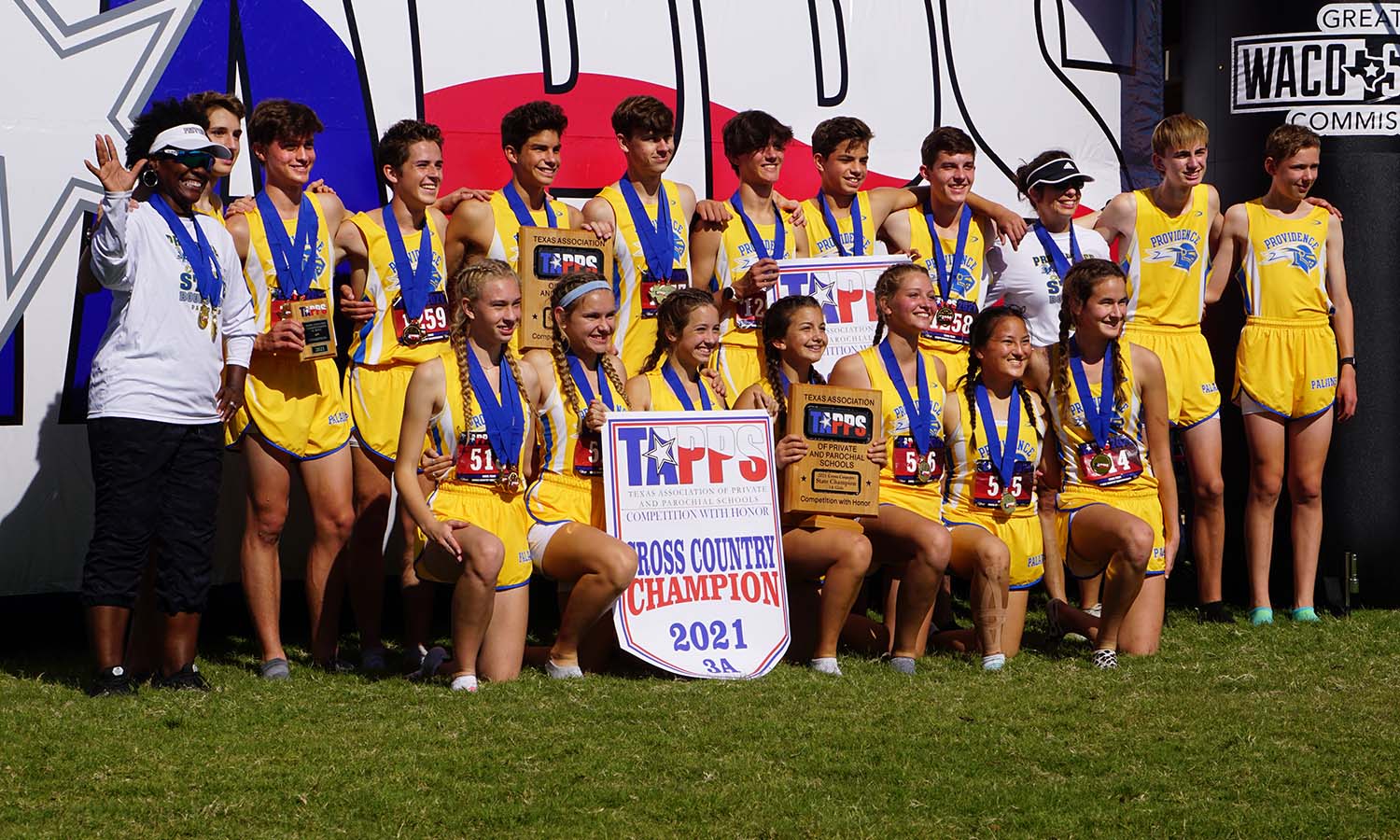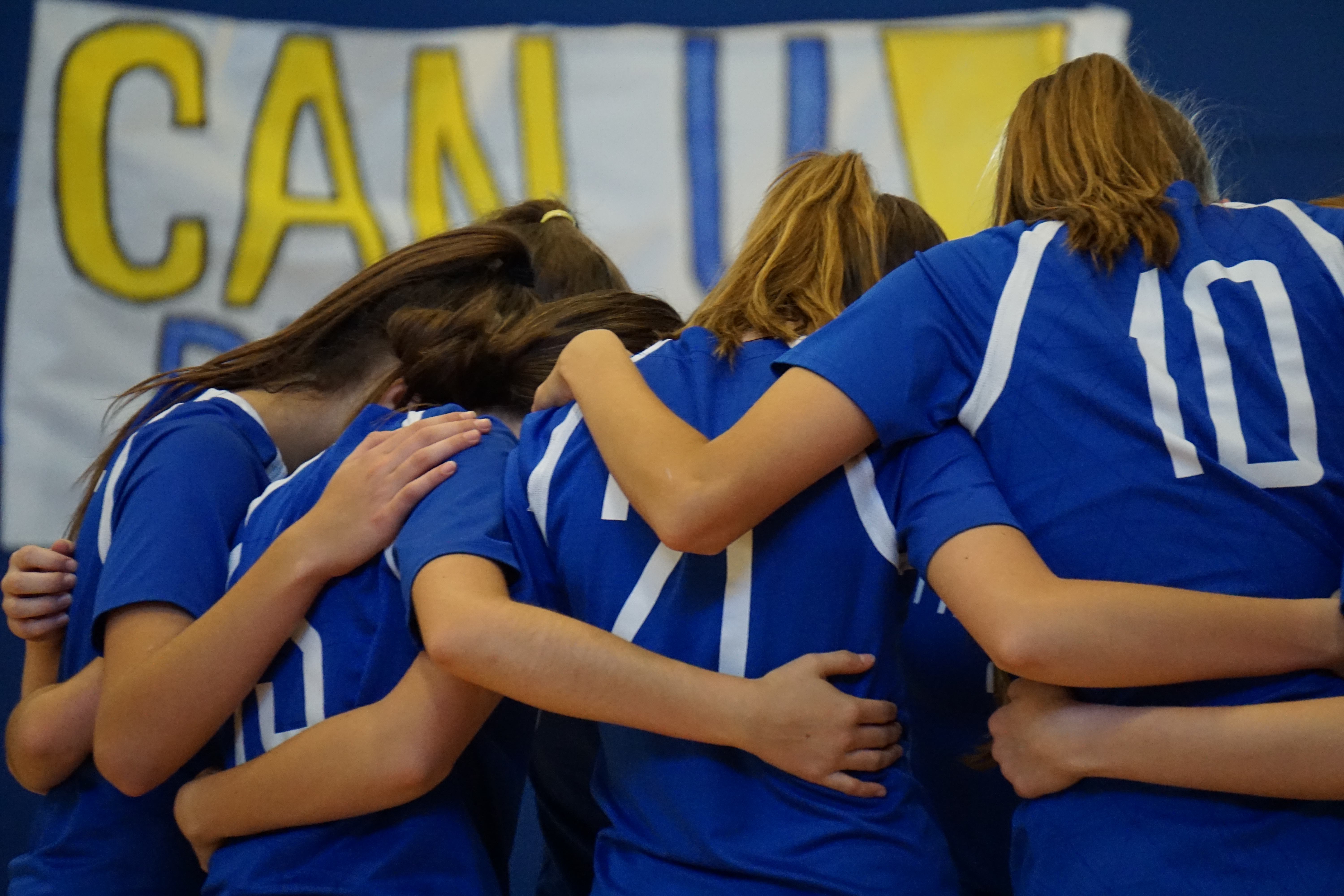The ROOTS of “Honoring the Game”
By Randy Youngling, former PCS Athletic Director
Watch almost any sporting event, at any level, youth sports through the professional ranks, and chances are, you will see a display of what we might think of as poor sportsmanship. In my opinion, this behavior has risen to an epidemic proportion in our culture. As followers of Christ, we carry with us the “aroma of Christ” (2 Corinthians 2:15). Additionally, as the Apostle John says, “Whoever claims to live in Him, must walk as Jesus did.” (1 John 2:6) With these truths in mind, as representatives of and ambassadors for Jesus, how do we express good sportsmanship amid a culture that models, for the most part, just the opposite?
In a 2015 survey of parents and coaches conducted by Liberty Mutual Insurance, it was discovered that “seventy-five percent of parents and coaches say that teaching sportsmanship is the responsibility of parents. With eighty percent of parents responding to the survey claiming to play an active role in their child’s youth sports experience, the challenge isn’t parental involvement; it is taking the time to instill the value of sportsmanship in their children.”

The R.O.O.T.S. of the Game
Positive Coaching Alliance, with whom PCS partners, came up with a simple mnemonic device that helps us remember what good sportsmanship, or what in the PCA we call “Honoring the Game”, looks like. We “Honor the Game” by honoring the R.O.O.T.S. of the game.
• R – We demonstrate good sportsmanship when we honor and play by the RULES. This means we respect and play by both the letter of the rules and the spirit of them. When we see our athletes honoring the rules, we acknowledge it and applaud their behavior.
• O – Good sportsmanship is shown when we honor our OPPONENTS. Our opponents are not the enemy or the “bad guys”. In fact, they are a gift to be appreciated and honored. If they don’t show up, there’s no game. How we as parents talk about the other team will go a long way towards helping our athletes adopt the practice of respecting their opponents. As I often suggest, try cheering for good plays by both teams.
• O – The second “O” is for OFFICIALS…referees, umpires, judges, and others that work to keep our games and competitions safe and fair. This can be challenging. Yet again, how we respond to officials will set the bar for our children. Respecting them, even when we disagree with their decisions, is the best way to teach our children how to respond, not only to questionable decisions made during a competition but also in life. Learning to “control the controllables” and letting go of the things we can’t control, is an important life lesson.
• T – When we honor and respect our TEAMMATES, we are also showing great sportsmanship. Being a good teammate is mostly about doing everything possible to help make our teammates better. This can be as simple as making sure our athletes show up on time, come to school, and practice prepared and with all the necessary equipment. It can also mean setting an example ourselves by noticing things like our children’s work ethic and the effort they are putting into growing as both an athlete and as a person. What gets rewarded gets repeated.
• S – Honoring SELF is another way we can honor the game. This involves knowing and embracing all the other elements of honoring the game and putting them into practice regardless of what others around us might be doing. It takes real moral courage to stand up for and live out our values when others are cheating, playing dirty, disrespecting the officials, etc. But by doing so, we honor not only ourselves, but also show respect and appreciation for the school or team we represent. Noticing and praising our children when they demonstrate this kind of moral courage will reinforce the very behaviors and attitudes we want to see in our children.

How will you “Honor the Game”, whatever the game might be, in your home and family? How will you build the values of ROOTS into your family and especially in your children? How will you reflect a Christlike character in the realm of your children’s extracurricular activities?
As you reflect on and consider these questions, I pray you will find direction and guidance as parents of children who are busy with so many sports and other activities. Be sure to seize these opportunities to help them grow and develop. They will be gone before you know it.
Whatever you do, work heartily, as for the Lord and not for men, knowing that from the Lord you will receive the inheritance as your reward. You are serving the Lord Christ. — Colossians 3:23-24

About Randy Youngling:
Randy Youngling served as the PCS Athletic Director from 2021-2023. He has a B.A. in Behavioral Science from Rice University where he was a Division 1 scholarship basketball player. Additionally, Randy has a Th.M. from Dallas Theological Seminary with concentrations in Christian Education and Counseling. He has over thirty years of experience as a pastor serving churches in Texas, Louisiana, and Colorado. He invested several years developing and teaching social-emotional learning classes on a high school level and coaching in Colorado. Randy has a passion for making disciples and for creating an environment in sports in which athletes can grow and develop as athletes as well as followers of Jesus. He has three grown children and three grandchildren with a fourth on the way.
For more information on how Providence Classical School can help you shepherd the heart, mind, and body of your child, watch our videos and schedule a tour with our Admissions Director today!
Continue reading the PCS Blog for more on Providence Athletics!
Header image by matimix on iStock








